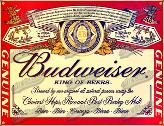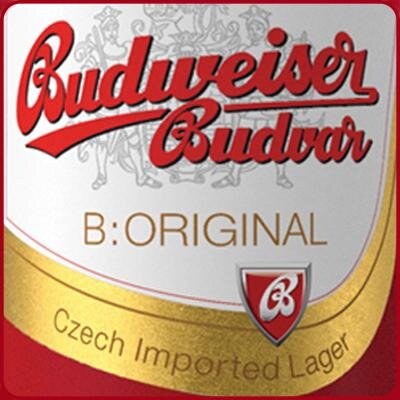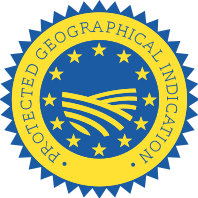FAILING PALATES ON A GLOBAL SCALE
There is something which is peculiar to the brewing industry, which is seen and purchased every day, which is not quite what it seems...
It is legal, it is carried out by some of the largest brewers in the world, and it is for all to see.
But, for some it rankles as pure deceit, and does little to enhance the credibility of the industry as a whole.
The culprit in question is 'under licence' brewing. This is the method where by a brand that originates in one country is allowed to be brewed in another.
Traditionally this is the preserve of the large multi-national brewers, who, allegedly, to satisfy global demand find it necessary to brew their beers in foreign climes.
This is by no means new and can date back to the 1960's at least, but is is something that other alcoholic drink industries have simply never entertained.
The thoughts of an acknowledged Chateau wine from France for example, using the same grape varieties and maturation process, but being produced in England would frankly seem laughable.
The main problem that irritates those producers who genuinely import their beers from around the globe is that there is no differentiation between the beers when they are sold on retailers shelves. All are simply cobbled together as 'World Beers'.
They argue that a beer that started life in Australia for instance, and is now made under licence in the UK and uses the original brand name is simply not genuine - and their argument has a lot of merit.
The question is of course can you replicate a beer exactly the same in another country, and the simple answer is - no.
Factors such as water (its calcium composition) barley (its organomic origin and type) yeast (Its house origin, and how it reacts) fermenter's (shape, size and material) and maturation (length of time it is stored before release) all play a part in the nuances and character of the original product. And, like DNA no two are the same...
So even using the same 'recipe' as it were, the end result will be different.
What is alarming is that when tasting the original brands with their under licence equivalents is just how poor they are by comparison - yet they still share the same name.
Bizarrely then what you would consider to be the most important element 'flavour' is ironically deemed the least important.
For some breweries however the origin of their product is seen as something fundamental to its style and heritage and should be protected, and the EU has a system of recognition in place to acknowledge such origins - Protected Geographical Indication.
Unlike its American namesake Budweiser (which is brewed under licence in the UK) Budweiser Budvar, brewed in the Czech Republic is a member of this scheme, and the seal appears on its back label.
For the consumer this is a guarantee of authenticity safe in the knowledge that the product is only made at its source of origin.
Such is the nature of under licence brewing that you have to look for the small print on the back labels (after all it is not something the larger breweries necessarily want to bring to everyone's attention) to find the 'Brewed in the UK' credentials.

KING OF BEERS
... is the slogan adopted by the American Budweiser, which is currently brewed at the Mortlake Brewery in London, whilst Budweiser Budvar below is brewed at its original site in the Czech Republic. It uses the slogan...
BEER OF KINGS


Recently an even more ambiguous destination has also found its way onto the back labels 'Brewed in the EU' giving plenty of scope to brew the beer wherever it suits with even less traceability.
The counter argument given by the larger brewers to the whole under licence question is that when a brand reaches a certain size there is a tipping point in which it becomes more viable to brew it in other countries. They claim that beer is costly to export, and that such a move is environmentally astute and a greener alternative. A fairly recent observation it would seem and one that was not even muted ten years ago...
It is of course a fair point, but one interestingly the wine industry, which also exports from every corner of the globe, has never used. The only concession to this in the world of wine would be to export the finished product in bulk and bottle it abroad, an altogether different proposition.
When looking at the wider world of beers, the detail is, as they say , in the small print...
-----------------------------------------------------------------------------------------------------
TO RETURN TO ARCHIVE PLEASE CLICK ON THIS LINK